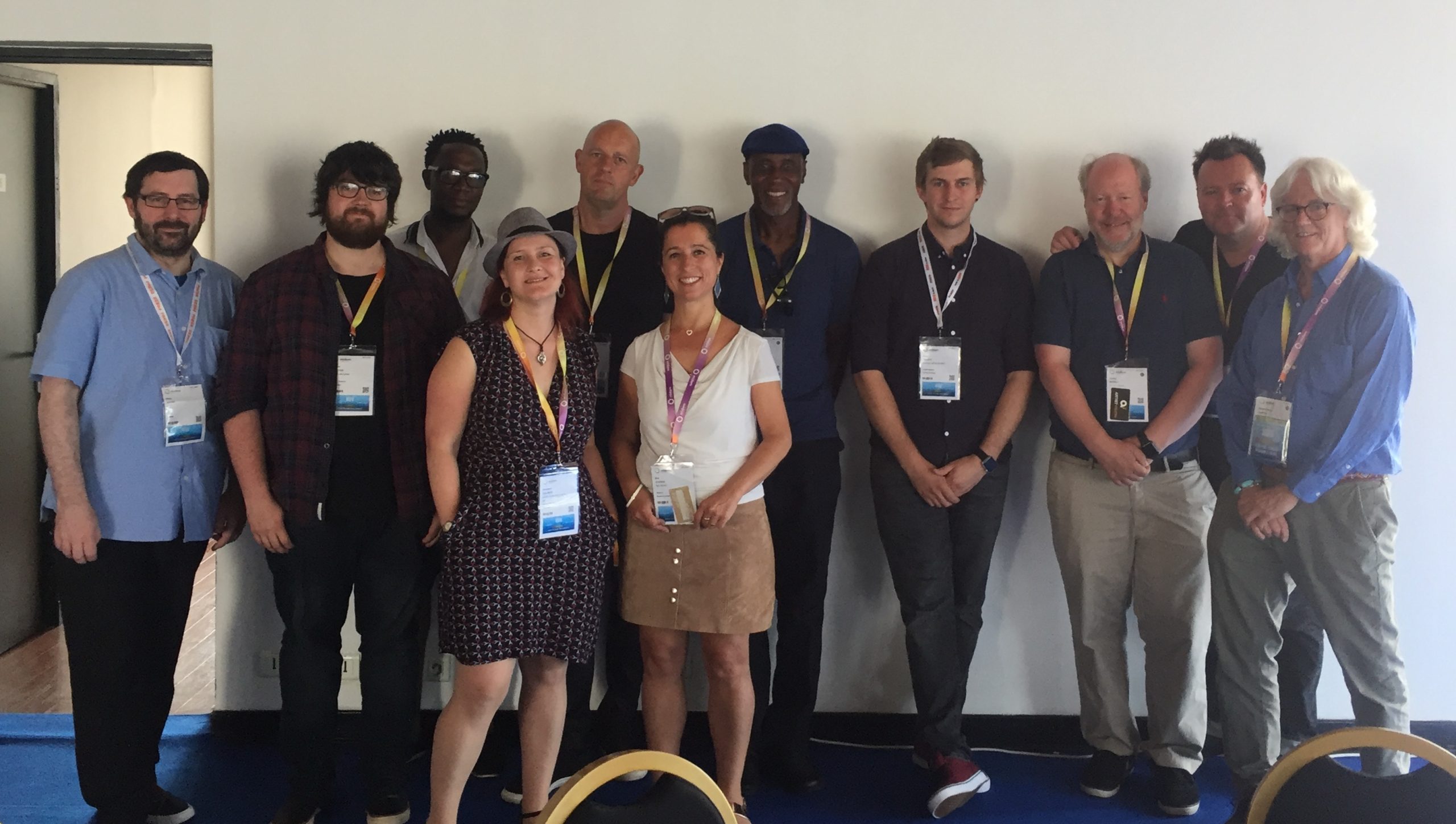Artists are “rights holders” too – their representatives must be involved in European policy discussions
Per Kviman, Chair MMF Sweden
Traditionally, the battle for Europe’s music policy has been fought between the major record labels – the “rights holders” – and the major tech corporations. Those who actually write, perform and produce the music we love, and those who represent them, are frequently absent in this debate.
In a world where artists and creators are increasingly rights holders and small independent businesses in their own right, this clearly needs to change. Traditional relationships and power structures within the business are being uprooted at a phenomenal rate. Our lobbying and political activities need to reflect that.
Last month I, along with other music managers from Finland, Norway, Poland, The Netherlands, the UK and France, was involved in the creation of a new organisation – the European Music Managers Alliance (EMMA). Our goal is to ensure that creators’ representatives can have, on behalf of our clients, a closer involvement in all discussions and decisions that impact future direction of the global music business.
This concept of collaboration is standard practice in Sweden and across the Nordic territories. With MMF Sweden, who represent 50 managers including Marie Dimberg (Roxette) Anders Johansson (Veronica Maggio) Anders Larsson (Lars Winnerbäck) – as well as the artists that I manage like Backyard Babies and Watain – we have been cooperating more closely in the Nordic countries over recent years, pooling our expertise and resources through initiatives like NOMEX and through showcase platforms such as Ja Ja Ja.
We now aim to do something similar within the music management community.
The role of the music manager has changed over the past decade as the business of music has entered a new phase of streaming-based evolution and relationships between artists and labels have adapted. It is vital that such fundamental changes are reflected in licensing negotiations, and that commercial partnerships with Digital Service Providers are as transparent and modern as possible. Unfair commercial terms which may have seemed relevant in the days of physical music such as packaging and TV advertising deductions are no longer pertinent and should not apply to digital music consumption.
We want to see a modern European and Global music industry with contracts that are fair and reflect the lower-costs in accessing a digital market.
Digital consumption have enabled labels rich on catalogue to make all the repertoire they control available at a very low cost. And with little financial risk.
So when we see net margins of 70-90% in the labels favour from streaming of digital catalogue, it feels not only obscene, but also an issue that should be addressed by the European Commission. Activating recoupment debts that existed from before streaming revenues existed also feels unethical and unlikely to encourage fruitful partnerships in the future. The new music business needs to be constructed on more equitable lines.
My personal belief is that streaming income for catalogue needs to be set a more “midprice” level, and that we should look to reverse the current split of revenue between artist and labels. This can only be done by collaborative works between the EU commission and by negotiating with mangers through organizations like EMMA.
If we are to join the recorded business in lobbying on issues like Safe Harbours and the Value Gap, and for the payment of higher royalties from the likes of Google and YouTube, then it is essential that we also recalibrate how these revenues will be accounted for.
In parallel to these commercial developments, European legal frameworks and policy discussions must also involve greater participation from artists and their representatives – including debates on Intellectual Property, taxation, collection society reform and Brexit. As EMMA, we want to ensure restrictions to European touring are reduced, and that young artists should be supported – not punished – with unfair taxes across Europe. We can only influence these discussions by sharing evidence, coming up with solutions and working together.
Finally, in many countries such as Sweden, our community of music managers is relatively small in a global context. We benefit hugely from pooling our resources for education and research. Through EMMA, we are now developing a common code of practice and hope to provide increased opportunities for professional development for our membership through mentoring and exchanging knowledge.
These are early days, we clearly have a lot to do, but this moment at Midem – appropriately the most international of music conferences – marks an first important step on our journey towards a fairer and more dynamic industry.

